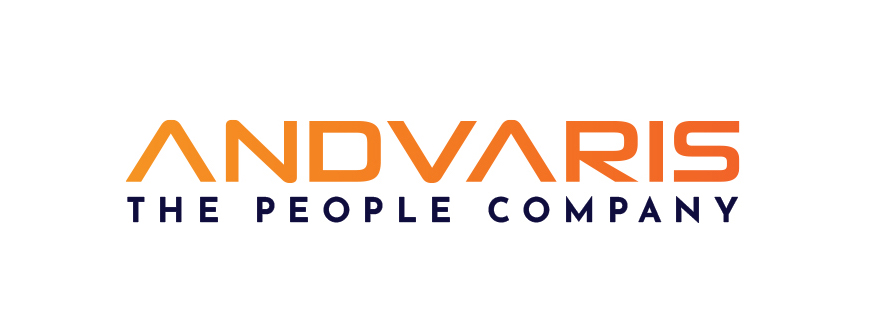The growth in the use of independent contractors (ICs) has become one of the most significant trends in the workforce today. Staffing Industry Analysts estimates that within the wider gig economy, independent contractors make up 56% of the global total with an estimated market value of USD 2,981 billion in 2021. Regulators globally are concerned that many of those classified as independent contractors are not genuinely self-employed, resulting in a loss of employment tax revenues and depriving workers of healthcare and other employment-related statutory benefits.
In order to assess independent contractor status, local courts tend to consider a core list of factors such as whether the worker is in a subordinate position and takes instructions from a manager, whether the worker is responsible for the result of the work performed, whether the individual utilises their own tools and equipment, and whether the worker must personally perform the work or can delegate the tasks to another person. As the use of independent contractors attracts a greater risk, employers and staffing suppliers have sought the assistance of ‘Employers of Record’, or ‘EORs’ to provide a compliant yet flexible workforce.
An EOR partner enables companies to legally engage with workers in a new country or region, without the need to set up a legal entity or
